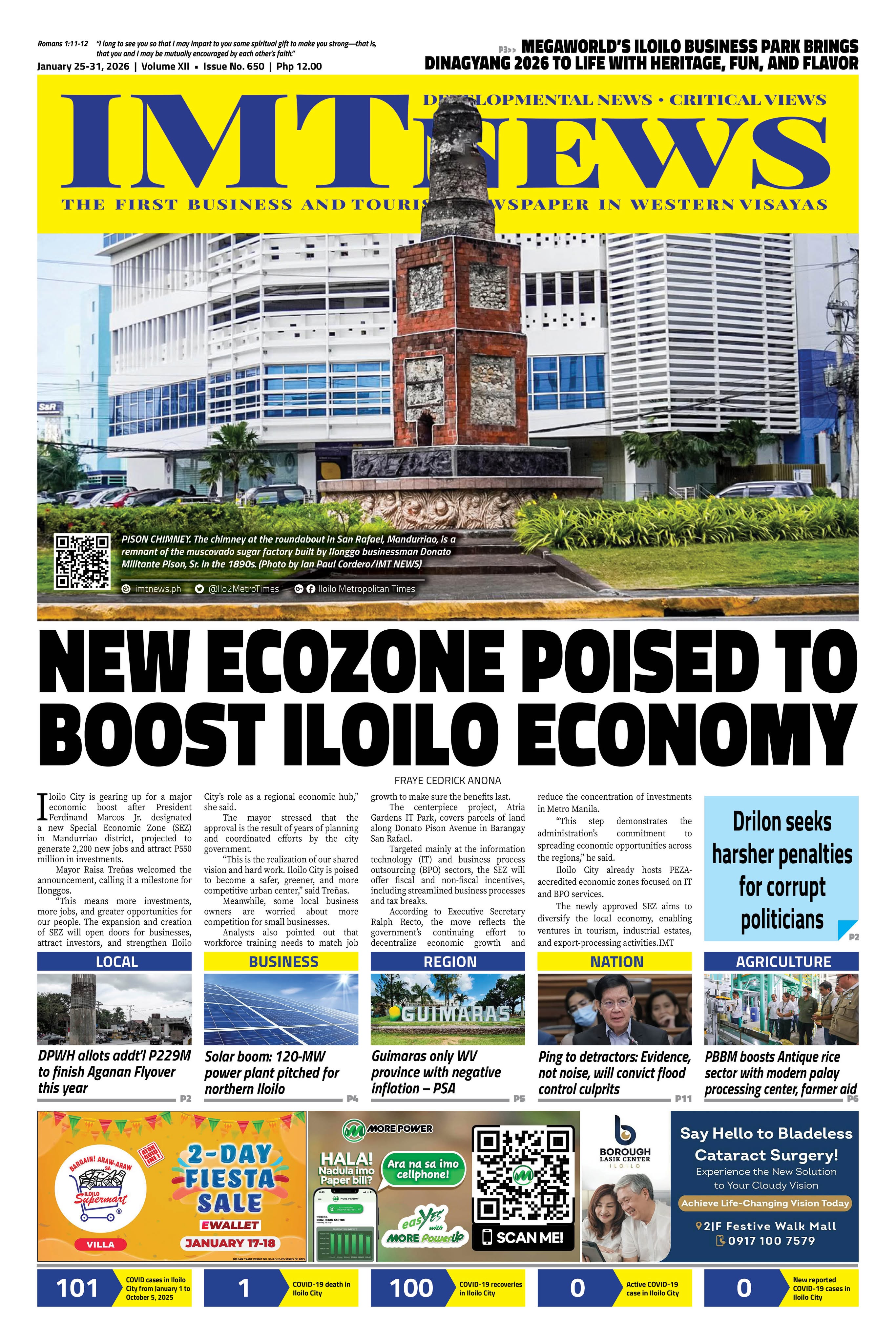A strong majority of Filipinos believe the International Criminal Court (ICC) should focus on delivering justice for victims of the drug war, rather than on the Marcos-Duterte political feud, according to WR Numero’s April 2025 survey. Nearly half of respondents also believe that victims should seek justice from the ICC if they are unable to obtain it through the local justice system.
The latest Philippine Public Opinion Monitor surveyed Filipinos on their views regarding the ongoing investigation by the ICC into the Duterte administration’s drug war. Conducted from March 31 to April 7, 2025, this is the first national survey following the March 12 arrest of former president Duterte by Interpol and Philippine authorities under a warrant issued by the ICC.
On prioritizing justice for drug war victims
The nationwide survey revealed that 59% of Filipinos believe the ICC should prioritize securing justice for victims of extrajudicial killings (EJKs) during the drug war, rather than focusing on the political feud between Marcos and Duterte. In contrast, 12% disagree, while 18% are unsure.
Regionally, 7 in 10 Filipinos from Metro Manila believe the ICC should center its legal and investigative efforts on ensuring justice for drug war victims. Similarly, a significant majority of residents from the rest of Luzon (68%) and Visayas (65%) share the same sentiment. Meanwhile, Mindanaoans are divided on the issue, with 32% in agreement and 30% in disagreement.
A large majority of voters from all age groups agree that the ICC should give precedence to justice for drug war victims. Filipinos aged 30 and below showed the strongest support, with 61% in agreement, followed by those aged 31-59 (59%), and those aged 60 and above (56%).
Across income classes, more than half of Filipinos echo the call for justice for drug war victims in the international court. Filipinos from Class ABC recorded the highest level of support at 70%, followed by 67% of those from Class D and 56% from Class E.
On escalating the demand for justice to the international court
According to the survey, 47% of Filipinos believe that if drug war victims cannot obtain justice through the local justice system, they should turn to the international court. Meanwhile, 29% disagree, and 24% are uncertain.
Regionally, a majority of Filipinos from Metro Manila (66%) and the rest of Luzon (57%) believe that drug war victims should bring their demands for justice to the international court if they cannot obtain it locally. Nearly half of Visayans (45%) share the same sentiment. In contrast, many Mindanaoans are divided between uncertainty (44%) and disagreement (37%).
Most Filipinos from all age groups agree that drug war victims should take their case to the international court if local avenues fail. Voters aged 30 and below expressed the most agreement, with 50% in favor, followed by those aged 60 and above (49%) and those aged 31-59 (45%).
Agreement was highest across all income levels. Nearly 70% of Filipinos from Class ABC indicated support, while 52% from Class D and 43% from Class E also agreed with this position.
The survey questions featured in this press release were commissioned by Dr. Gary Ador Dionisio. The nationwide, non-commissioned survey, conducted from March 31 to April 7, 2025, was done through face-to-face interviews with a nationally representative sample of 1,894 registered voters residing in the Philippines.
The nationwide survey has a margin of error of ±2% at a 95% confidence level. At the subnational level, the margin of error is ±6% for the National Capital Region, ±5% for North and Central Luzon, ±5% for South Luzon, ±5% for the Visayas, and ±5% for Mindanao, all at the same 95% confidence level.
The complete public brief of the WR Numero Philippine Public Opinion Monitor Volume 2025, Issue 2 is now available for download at tinyurl.com/wrn-ppom. The survey includes the latest voter preferences for the May 2025 and 2028 elections, as well as current public opinion on the arrest of former President Rodrigo Duterte and the impeachment of Vice President Sara Duterte.PR







